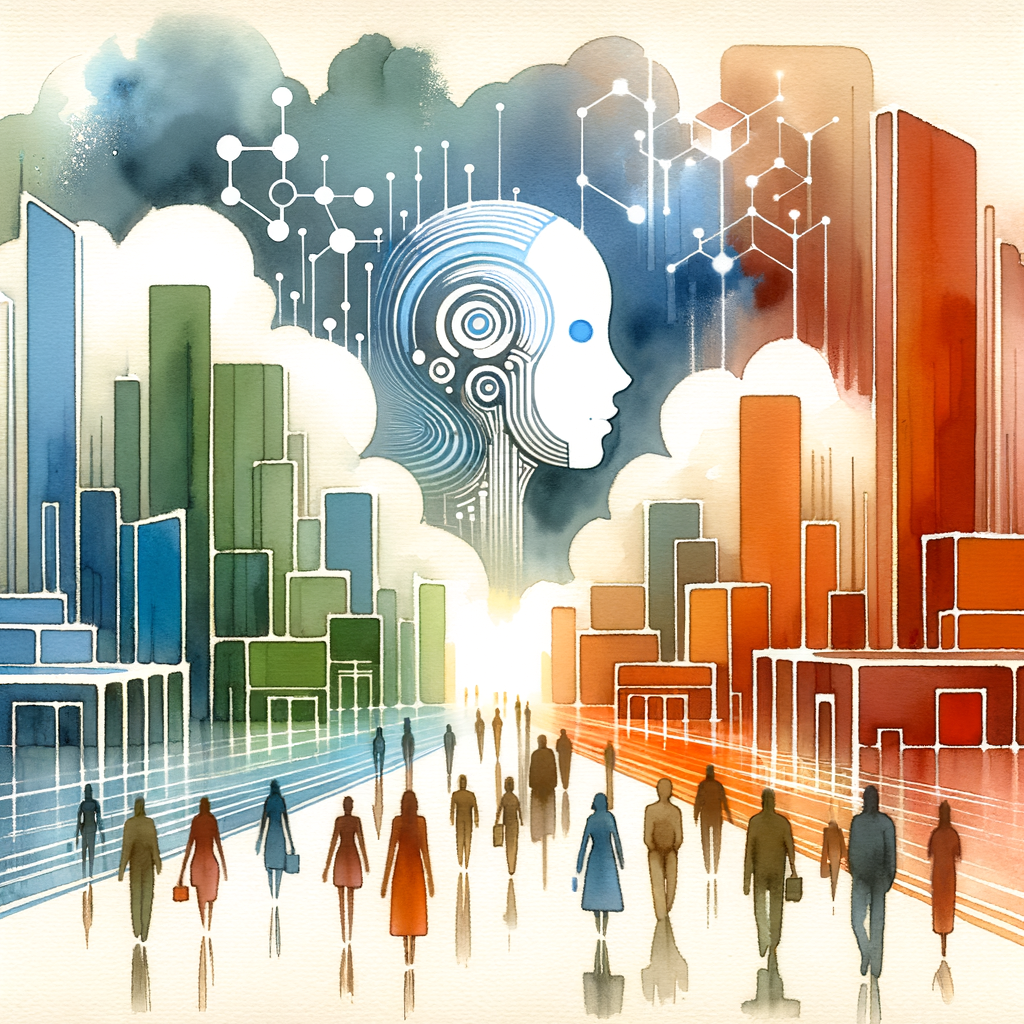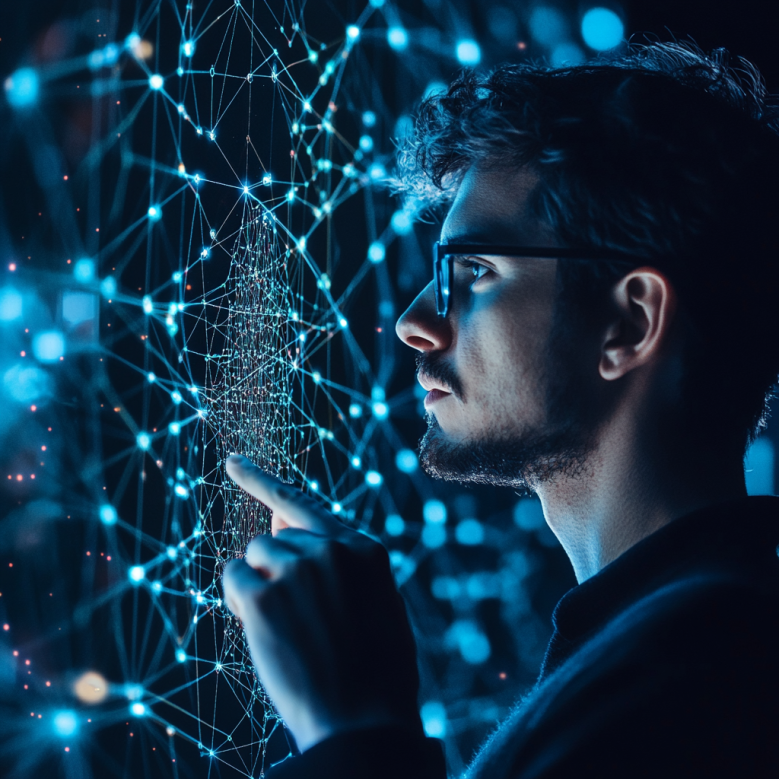AI Pioneers OpenAI and Anthropic Commit to Pre-Release Government Reviews Amid Safety Concerns
In a significant development in the artificial intelligence sector, AI leaders OpenAI and Anthropic have entered into an agreement with the US AI Safety Institute. This pact ensures that any major new AI models developed by these companies will undergo early access reviews by the institute before public release.
Proactive Steps for AI Safety
OpenAI, co-founded by CEO Sam Altman, and its counterpart Anthropic are aligning their efforts towards the creation of artificial general intelligence (AGI), a type of AI that could potentially perform any intellectual task that a human being can. Both companies have expressed their commitment to developing AGI in a manner that prioritizes human safety and benefits.
Sam Altman recently highlighted the importance of this collaboration on the X social media platform, stating, “We are happy to have reached an agreement with the US AI Safety Institute for pre-release testing of our future models. For many reasons, we think it’s important that this happens at the national level. US needs to continue to lead!” This move is seen as a strategic step to integrate safety at the national level, ensuring that the US remains at the forefront of AI innovation.
What Does This Mean for AI Development?
The collaboration between these AI giants and the US government could set a new standard in the tech industry, particularly in handling emergent AI technologies. By agreeing to disclose and share their models with the government before launching any products, OpenAI and Anthropic are placing a significant level of responsibility in federal authorities’ hands.
This partnership with AI leaders OpenAI and Anthropic reflects a broader movement towards ‘light touch’ regulation, a strategy designed to foster growth and encourage self-regulation within the AI sector. This approach allows for rapid innovation while still addressing safety and ethical considerations.
Concerns and Implications
However, this method does raise questions about transparency and public disclosure. The terms of the agreement do not clearly state the government’s obligations to inform the public about significant advancements or breakthroughs in AI technology. This lack of clarity could potentially lead to situations where the public remains unaware of significant developments unless the government deems it necessary to disclose them.
Recent reports indicate that OpenAI’s projects, “Strawberry” and “Orion,” are making substantial progress, including advanced reasoning capabilities and new techniques to address AI’s hallucination issues. According to a report from The Information, these advancements have already been shared with the US government.
Regulating AI’s Future
The US National Institute of Standards and Technology has noted that the safety guidelines and the deal are voluntary for the participating companies. This highlights a cooperative approach, encouraging AI firms to self-regulate and balance innovation with responsibility.
The ongoing debate around AI regulation continues to evolve, significantly shaping the development and public introduction of new technologies. As companies like OpenAI and Anthropic push AI capabilities to new limits, government oversight will undoubtedly remain a critical topic.
For more insights into AI development and regulation, explore our articles on the role of AI in web3 recruitment and AI’s impact on hiring solutions.




